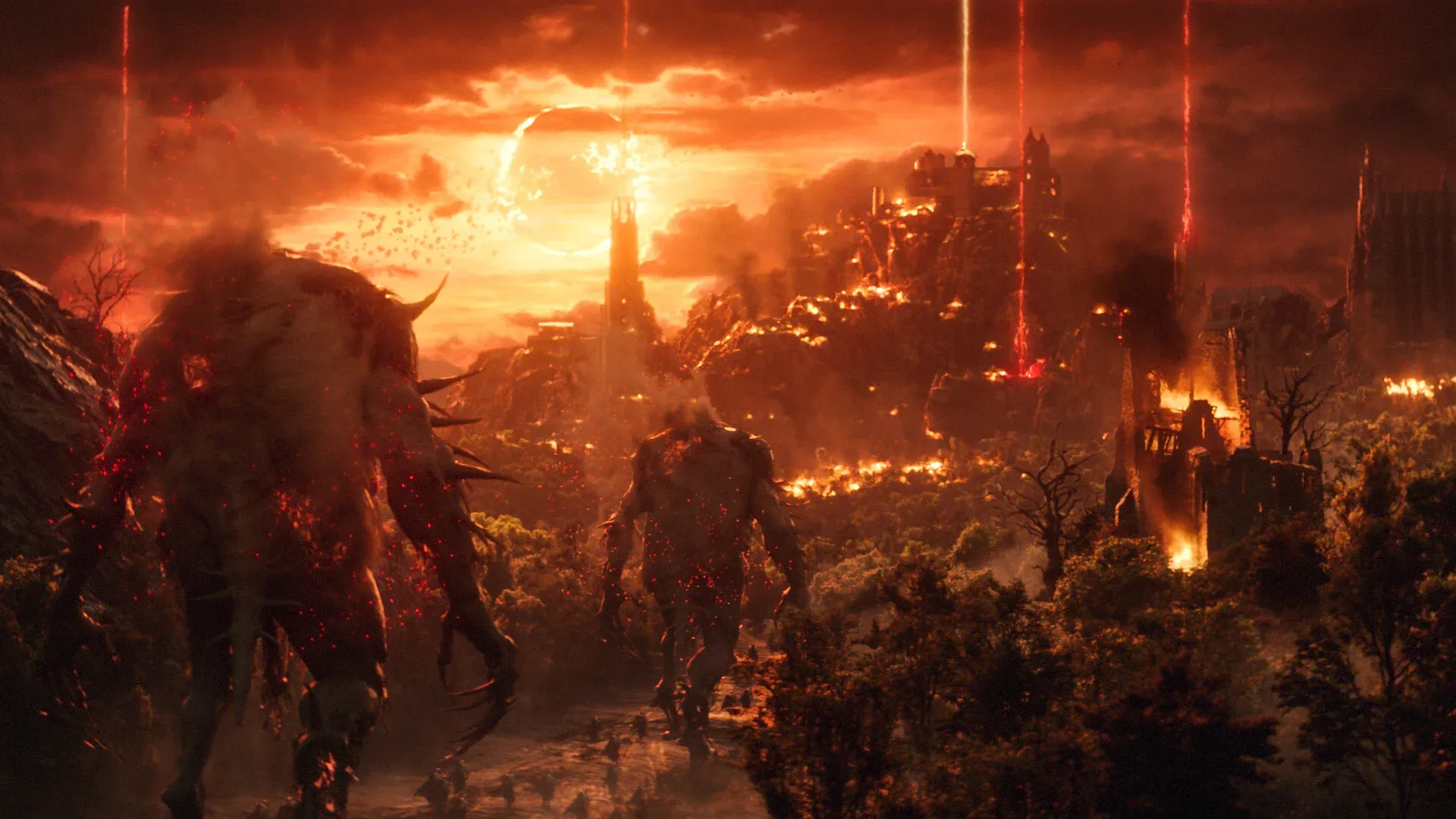
When it comes to the world of gaming, the distinction between sequels and reboots can often be quite perplexing. Lords of the Fallen, a 2014 Soulslike classic, falls into this category. It introduced a universe rich in dark lore and embarked on a brutal quest led by Harkyn. The journey concluded with a dramatic cliffhanger, leaving players on the edge of their seats as the demonic god, Adyr, threatened resurrection.
Now, as the 2023 installment, Lords of the Fallen, approaches, there's a burning question for fans and newcomers alike: is this a sequel or a reboot? The answer is a tad intricate.

Advertisement
Do I Need To Know Anything Before Playing?
To begin with, Lords of the Fallen (2023) dwells within the same universe as its predecessor, making it a sequel in many aspects. It gracefully acknowledges the canon ending of Lords of the Fallen (2014), indicating that Harkyn's decisions have left a profound impact on the world. In this installment, the events from the original game have morphed into legends, and players from both games can delight in weaving together these narrative threads.
Yet, it's important to recognize that this game is not merely a sequel. It also embarks on a path of rebirth. While it respects the legacy of the original, it boldly ventures into uncharted territory, offering a fresh narrative and a grimmer, darker fantasy setting.

Advertisement
Unlike the high-fantasy backdrop of the original, Lords of the Fallen (2023) explores the realms of grimdark fantasy. This tonal shift allows the new creative team to make their mark on the series, paving the way for a thrilling and innovative direction.
So, to sum it up, Lords of the Fallen (2023) is indeed a sequel, connecting with the roots of the original. Simultaneously, it serves as a soft reboot, charting a new path and offering players a fresh start in the realm of this captivating saga.
Advertisement










